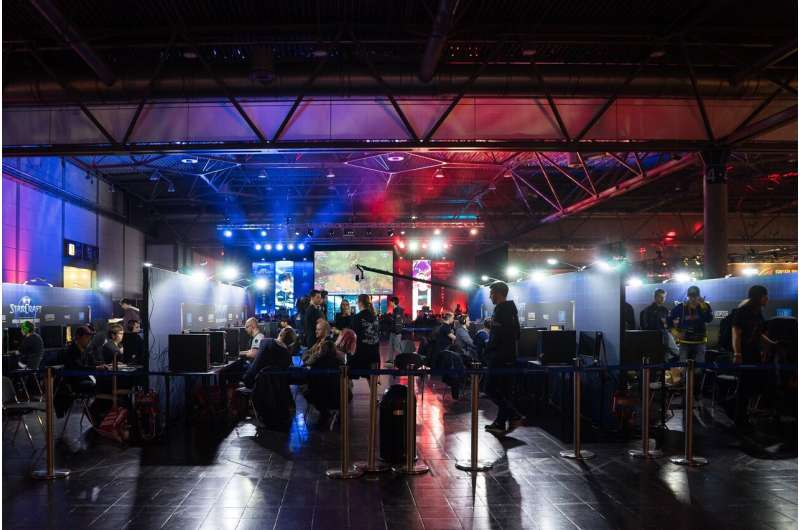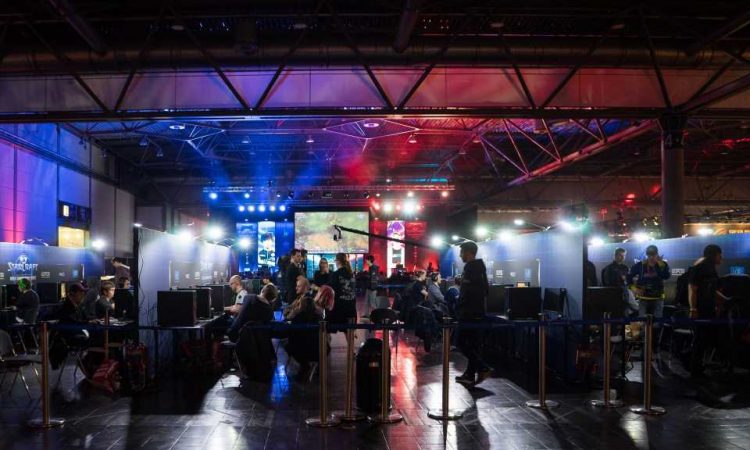
Elite esports gamers contend with pressures that significantly impact their performance, as revealed in a recent study conducted by the University of Chichester.
The professional esports landscape is witnessing continued growth, reclaiming momentum in the wake of the pandemic, marked by a surge in both in-person and online tournaments, contributing to its status as a multi-billion-dollar industry. However, the expansive global audience for esports presents a formidable challenge for professional players.
The present study examines this complex environment and is a collaborative effort between Chichester’s Institute of Psychology, Business, and Human Sciences and the Institute of Applied Sciences, as well as the University of Bath.
Competitive gamers like Johan Sundstein (N0tail) and Jesse Vainikka (JerAx) have the potential to earn millions of dollars throughout their careers. According to Statista (September 2023), the top 10 players individually rake in between 5 and 7 million US dollars in their professional journeys. However, the rigors of competition, which include audience expectations, competitive leaderboards and team demands, can significantly influence how individuals perceive cognitive and physiological symptoms of anxiety.
Expanding upon prior stressor and performance-related research conducted at the University of Chichester in 2019, 2022, and 2023, the newly published study examines the ways in which high-pressure situations can influence the overall performance of national and university-level esports players across various domains.
Additionally, the research provides crucial insights that coaches, sports psychologists, and researchers can use to aid esports competitors in optimizing their performance during critical moments.
Dr. Benjamin T. Sharpe, the report’s lead author and Lecturer in Cognitive Psychology says, “The study will hopefully contribute to the scientific pursuit of assisting esports players in enhancing their performance during critical moments, including strategies to mitigate anxiety, enhance coping abilities, and sustain optimal control over attention.”
Published in the Sports, Exercise, and Performance Psychology journal, this 2023 study includes two experiments delving into the impacts of psychological pressure on cognitive anxiety, challenge and threat appraisals, gaze behavior, and action performance within an esports context among both national and university-level competitors. In the initial experiment, 90 participants (67 males and 23 females) undertook an esports task in the competitive game Counter-Strike under low and high-pressure conditions.
Participants reported elevated anxiety levels, increased threat appraisals, and demonstrated suboptimal gaze behavior and inferior performance under high-pressure conditions. These effects were more pronounced among university-level competitors than their national-level counterparts.
In the second experiment, 28 elite-level competitors faced added pressure with the inclusion of a live audience, feedback between rounds, and audience reactions. This experiment also assessed cognitive effort via pupillometry (i.e., change in pupil diameter). Despite investing more cognitive effort, participants reported heightened anxiety, displayed suboptimal gaze behavior, and exhibited poorer performance under the high-pressure condition when compared to the low-pressure condition.
Dr. Phil Birch, Senior Lecturer in Sport and Exercise Psychology adds, “Building on our previous research, our study harnesses both subjective and objective psychophysiological measures of stress to advance our understanding of the impact of pressure on esports performance. Our paper is very timely given the focus of next year’s European Congress of Sport and Exercise Psychology (FEPSAC) where the impact of pressure on performance is the central theme. I’m looking forward to present our findings to an international audience of scholars.”
Source: Read Full Article
